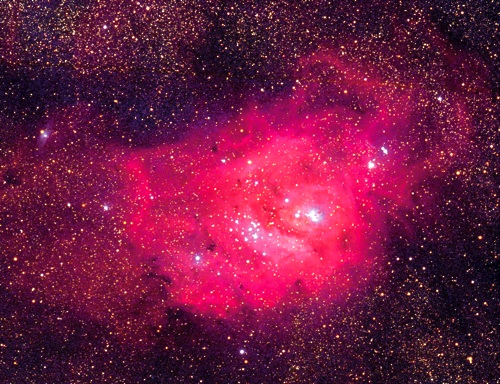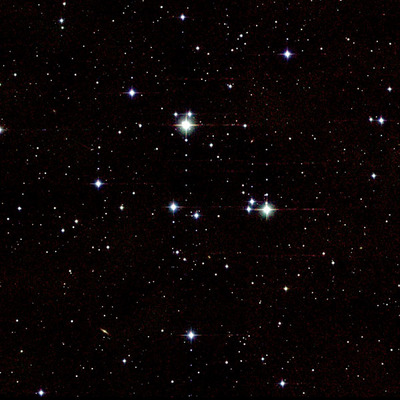
Source: AURA/NOAO/NSF and The Hand of God
This week we have been looking at the beauty of the stars and galaxies of our vast universe, brought to us through the efforts of modern astronomy. However, while the vastness of the universe can certainly be a source of wonder and amazement, it can also raise doubts about the existence of a creator. If the universe is so large, is the use of fine-tuning as a pointer to God less compelling? Furthermore, isn’t so much wasted space evidence of an inefficient creator?
In their book Questions of Truth, John Polkinghorne and Nicholas Beale address these very questions. Firstly, they remind us, the size of the universe is a function of age thanks to the expansion of the universe:
We need enough time to create second-generation stars, and then for life to evolve, so 13.7 billion years seems about right. If the 1022 stars of the observable universe were not there, we would not be here to be daunted by cosmic immensity.
–Questions of Truth, page 50
As for fine-tuning? Polkinghorne and Beale maintain that this deals primarily with the fundamental constants of nature, which are the same throughout the entire universe regardless of its size. A vast universe, then, does not change the seemingly perfect tuning of these universal constants.
For more answers to some of the most important questions of science and belief, be sure to read Questions of Truth.
